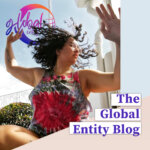
After the Mother City Dance Festival I decided to contact Angus Prince, one of the main festival organizers, for an interview. The festival hosted around 500 people from 50 different countries, had a crazy amount of top-notch workshops and managed to create a community feeling in the short amount of time of the festival. I just had to know more! The picture above portrays Angus Prince and Ash Porter. Picture taken by ShutterMonkey Production.
Dance background of Angus Prince
Despite having two accomplished social dancers as parents, it wasn’t till Angus was a young adult that he decided to seriously dedicate time and space for dancing in his life. By coincidence he saw an ad in the local newspaper where a woman was looking for a temporary dance partner to compete with. Her partner had suffered an accident and needed time to recover. Together, she and Angus ended up training and competing in Latin ballroom for three and a half years. When Angus, originally from Port Elizabeth, later moved to Cape Town, he saw a sign advertising salsa lessons for 10 rand each (equivalent to $0.55). “I did a few beginners lessons, I did some advanced lessons and a few weeks later I came third in a local competition. About 6 months later I won that competition. That was 21 years ago.”
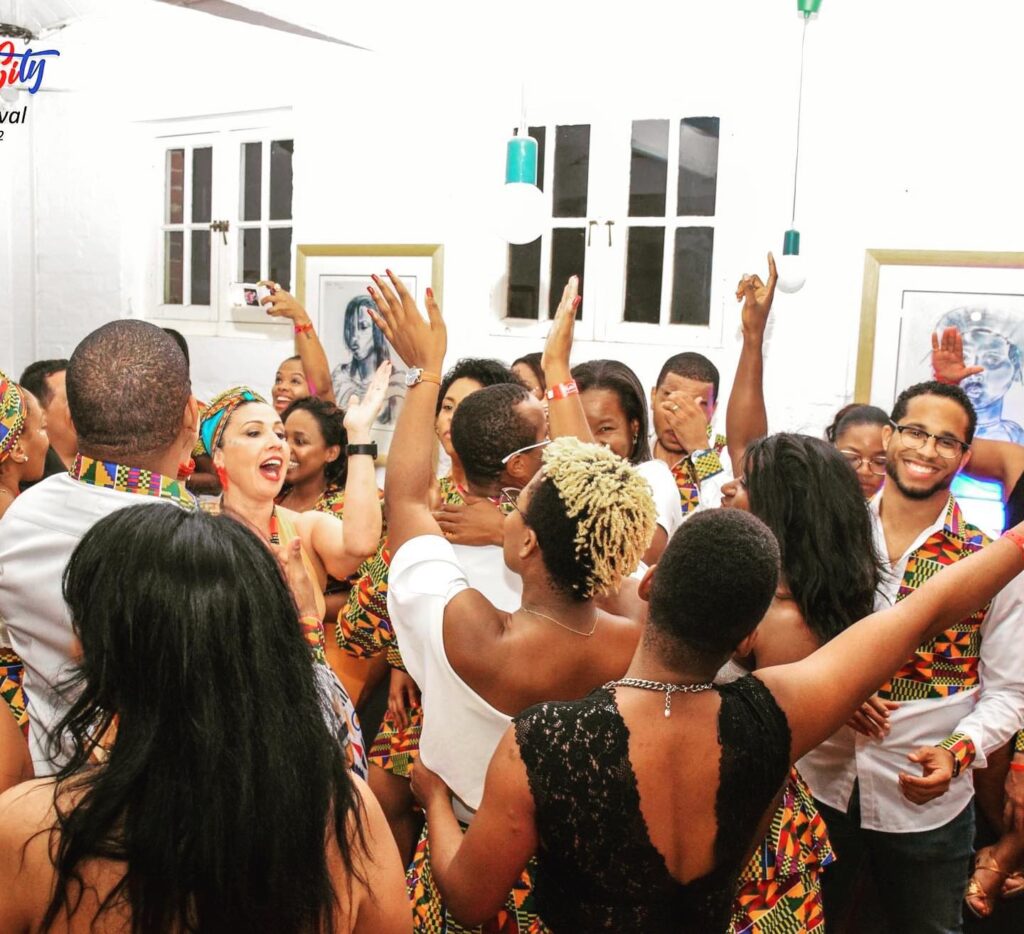
Even though Angus came from the Latin ballroom community, the music played in the Latin ballroom spaces at the time e did not feel like him, he tells me. It was when he first saw the movie Mambo Kings that he was first exposed to real latin music. To say that the music completely floored him is an understatement.
Today he runs Evolution Dance Company, his own dance school in Cape Town. If you spend a week in Cape Town you will definitely be able to attend at least one or two good salsa events or socials. This, however, wasn’t the case when Angus started his salsa journey. “You know we didn’t have access to higher level training material so we started finding DVDs. I bought the 2003 West coast salsa congress dvd – the LA salsa congress with Albert Torres. I saw people doing things that I couldn’t have imagined.”
Angus started researching every and any kind of salsa style and music style that there is. He founded his dance school and in 2013 he was able to bring a group of kids from Khayelitsha, a township in Cape Town, to perform at the LA salsa congress. “That’s when I first met Albert Torres. We developed a friendship over time and eventually came up with the concept Roots of Rhythm which was a red thread throughout the entire Mother City Dance Festival.”
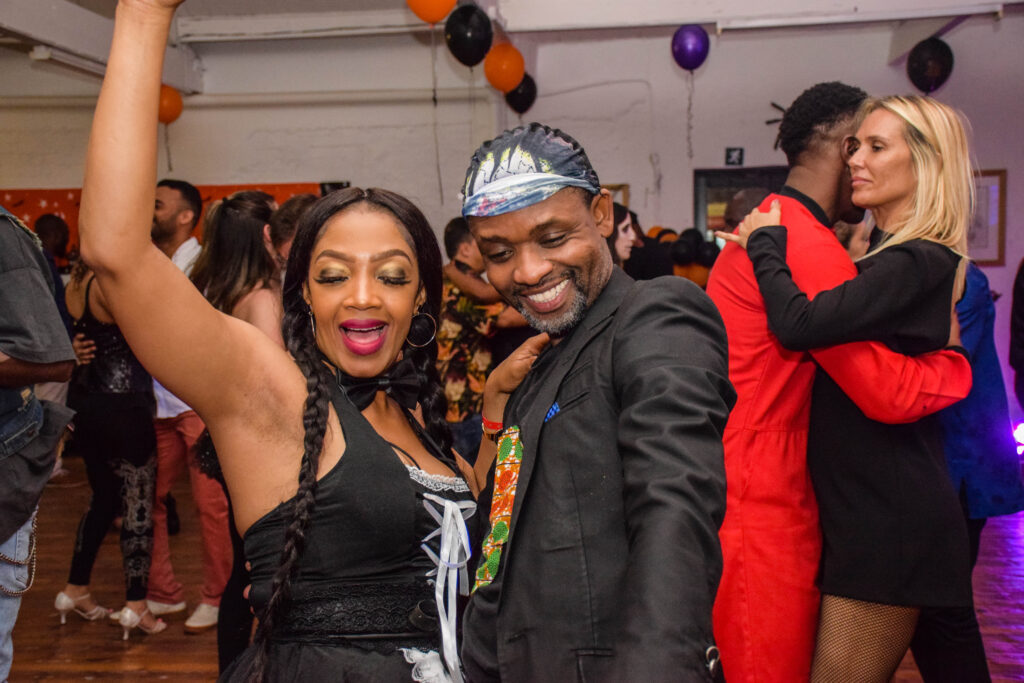
What is Roots of Rhythm?
“All of the Latin rhythms come from Africa. This is where the rubber hits the road for me because people are dancing around the world but they actually don’t know the roots of what they are dancing to. That’s where the roots of rhythm come in, we are saying come and experience the real African roots of the music and dances. That’s why we opened the festival on Saturday night with the African dances. We can’t get away from the fact that those rhythms and those traditional movements are where it came from. It has evolved, developed, it has become super technical, super acrobatic, etc… the industry is such, we are creating products so that we can sell a product. But the Roots of Rhythm is not about the product, it’s about the feeling, it’s about the connection, it’s about the essence. That’s what it is for me.”
Angus participated in developing the concept Roots of Rhythm in 2016 together with Albert Torres. To start a festival in Cape Town was Alberts dream but unfortunately he passed away in 2017 before he was able to see it through. The festival idea lay dormant for a while but eventually a group of people who Albert had mentored came together to pick up the pieces and make Alberts last dream come true. In October 2019 the festival premiered with huge success! The second festival had to wait for the pandemic to pass but late October 2022 it was time to do it all over again. When I’m speaking to Angus now, the planning for the 2023 Mother City Dance Festival is ongoing.
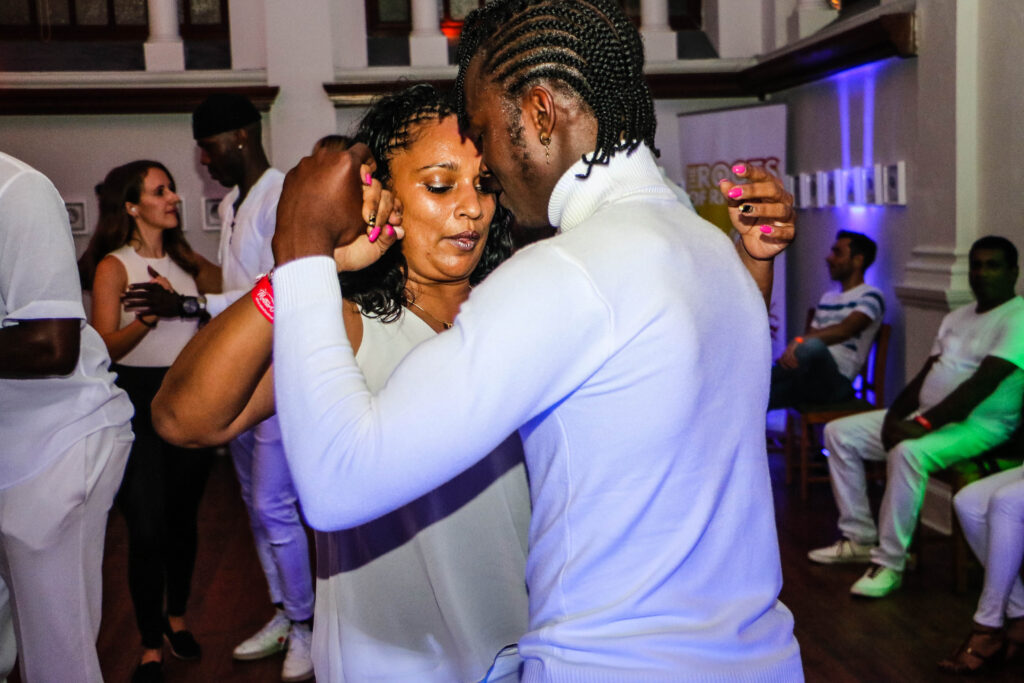
What is the Mother City Dance Festival? What makes it special?
“Cape Town is South Africa’s mother city. It was the first city that was populated, it’s the place where the world connected. Before there was the Suez canal, people had to sail around Africa. So you have every country in the world represented in Cape Town. It is a hub of culture, a hub of trade, of interaction. For me, to be able to connect all of that with dancing, with people from around the globe, that is what it is all about. I would like it to become an event on the global dance calendar where people feel ‘you know what, we have to go to The Mother City Dance Festival’. Dancing on the beach, visiting the cheetah sanctuary, dancing in one of Cape Town’s many vineyards or in the shadow of Table Mountain – where else in the world can you experience this?”
What is the purpose of Mother City Dance Festival?
“So the idea of the festival is to showcase cape town and South Africa and to put the Mother City Dance Festival on the international festival map. Because we may not be big yet but we got really good quality in terms of workshop selection, performances, DJ’s and everything that goes around. The idea of an afro-latin dancer in Africa doesn’t really exist and if we don’t create a platform for professionals we are going to continue paying over price for European events and pro’s even though the talent exists locally.”
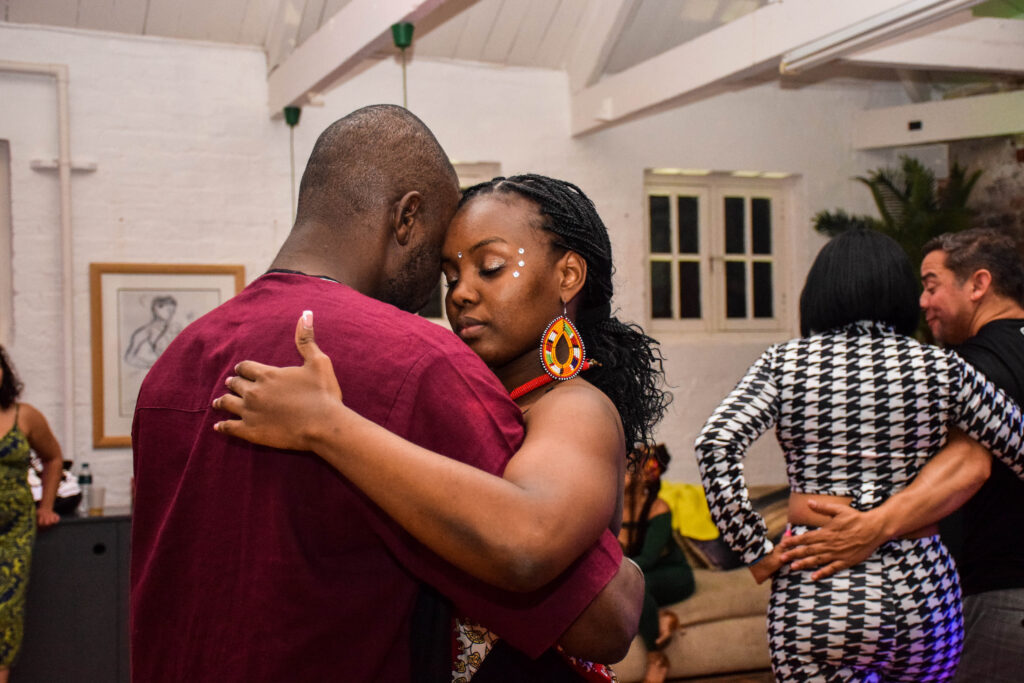
Can you give insight to why that’s a perception of African dancers?
“One of the big things, where there was a lot of pressure, was who I was bringing from Europe to teach kizomba. But why would I bring Europeans to teach kizomba to Africans? It is an ongoing battle because South Africans by their very nature, and unfortunately it’s historical, measure themselves against Europe. What I am finding very interesting about the non-African artists that I am engaging with is that they all want to go to Africa to reconnect with the rhythms.
As an African community we don’t really celebrate each other. I think it’s about a surviving mentality more than a thriving mentality. We are a very Eurocentric country but we need to generate some African pride. We had representation from about 50 countries in 2022 but the majority of them are Angolan, Mozambican and South African. We’ve got very strong ties to the dance communities of Mozambique and Angola, we support their events and travel between our countries quite often to do workshops and events. That is part of the Roots of Rhythm concept: we want to get people, including locals, to understand that traveling and dancing in Africa is an opportunity to develop and grow. It’s about creating value for the dance community. That’s what we are trying to do.”
If you want updates about this years festival you can follow the Mother City Dance Festival on Facebook and Instagram.
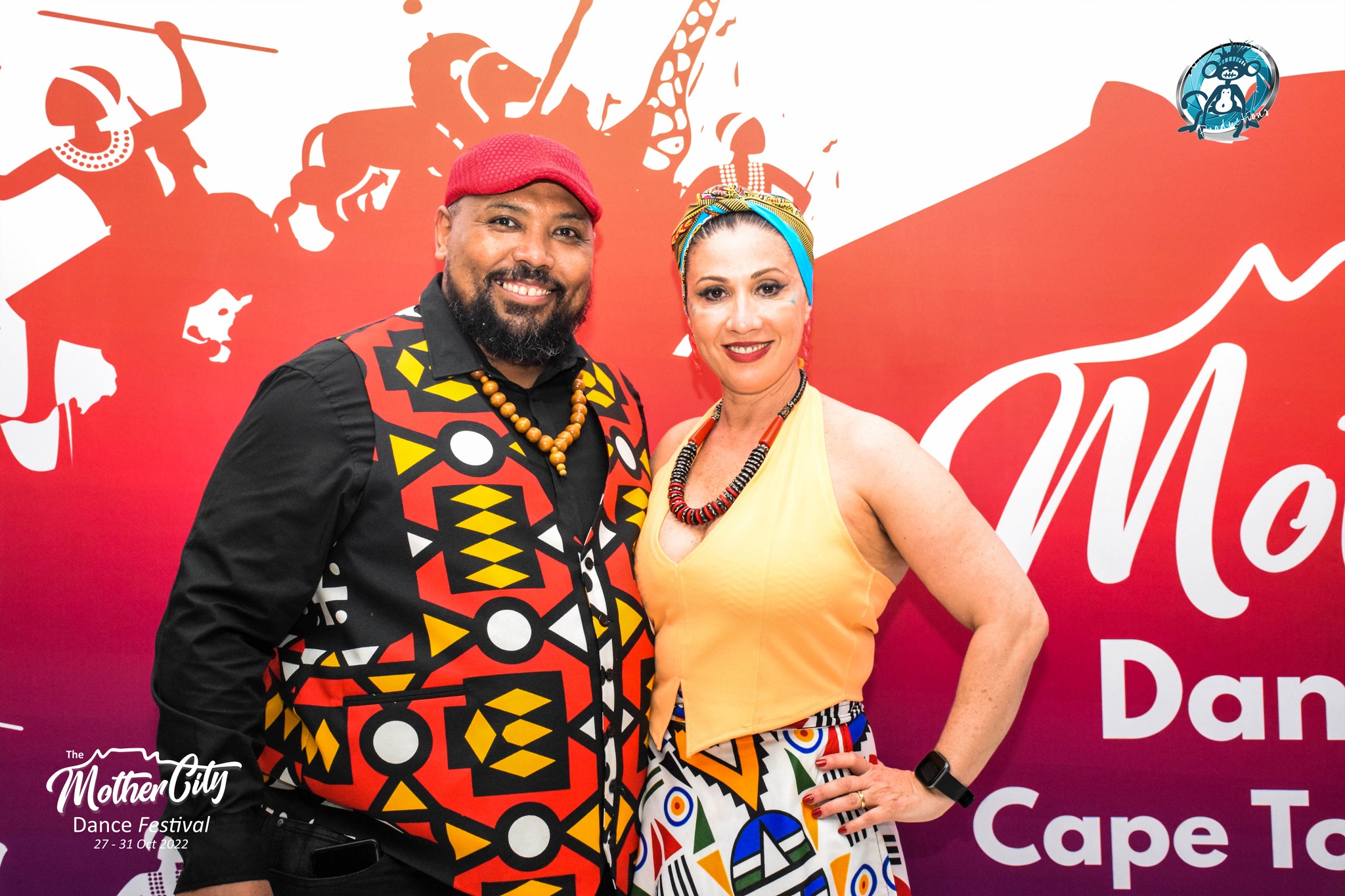
3 thoughts on “Interview with Angus Prince: Organiser of The Mother City Dance Festival”
Spännande o intressant. Ger nya perspektiv!
Intressant. Spännande att läsa, särskilt perspektiven om att lyfta det afrikanska i Afrika. Det absurda i att söka dansare fr Europa gällande dans som kommer fr Afrika.
Jaa visst är det absurt! Men inte konstigt utifrån all historia.